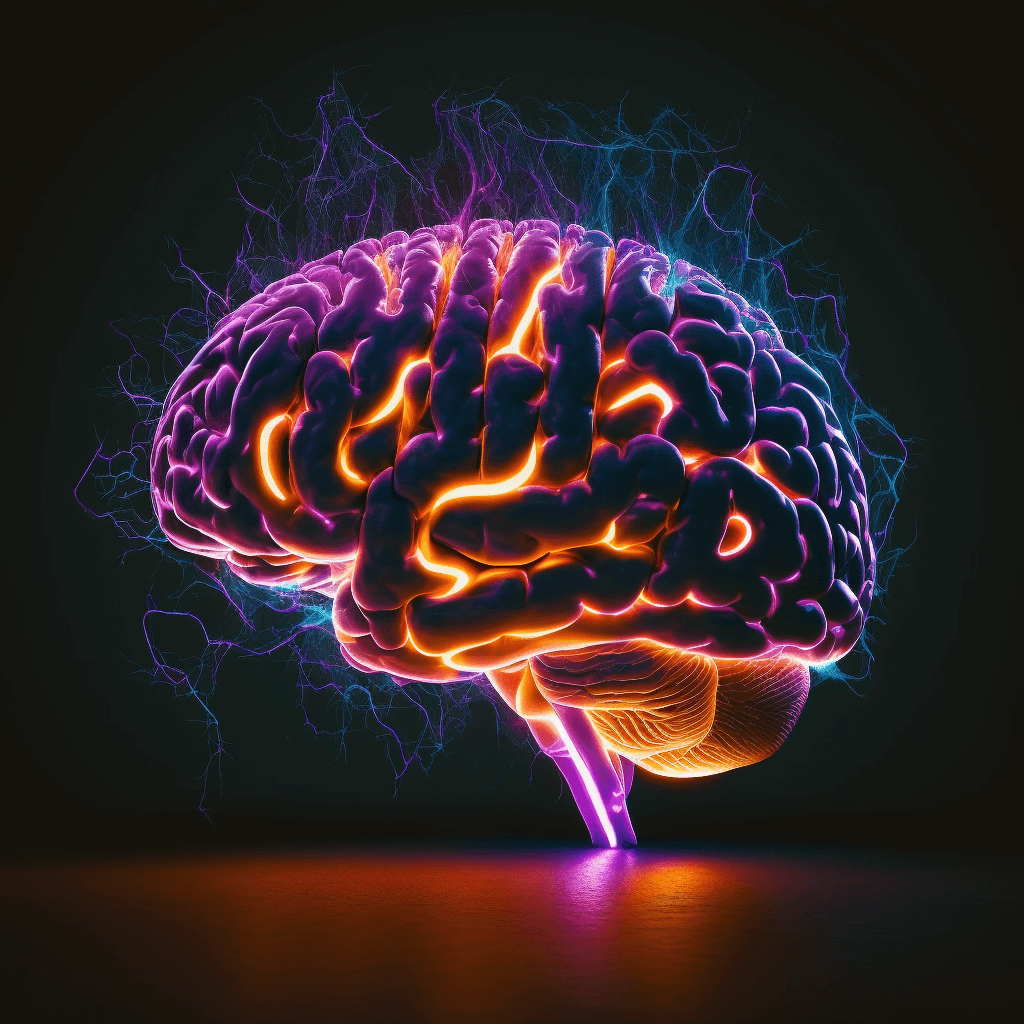Child, Adolescent and Adult Psychiatry
11333 NORTH SCOTTSDALE ROAD, SUITE 240 SCOTTSDALE, ARIZONA 85254
Call (480) 367-1500
MON - FRI : 8AM TO 6PM
11333 NORTH SCOTTSDALE ROAD, SUITE 240 SCOTTSDALE, ARIZONA 85254
MON - FRI : 8AM TO 6PM
Precision psychiatry is an emerging approach in mental health care that aims to tailor diagnosis, treatment, and prevention strategies to individual patients based on their unique biological, psychological, and environmental characteristics. It applies the principles of precision medicine to psychiatric disorders.

Biomarkers: Use of genetic, neuroimaging, inflammatory, and hormonal markers to guide diagnosis and predict treatment response.
Genomics: Understanding how individual genetic differences influence the risk for disorders like depression, bipolar disorder, or schizophrenia.
Neuroimaging and Brain Circuitry: Using brain scans to identify dysfunction in specific neural circuits linked to symptoms.
Digital Phenotyping: Monitoring behavior and symptoms through smartphones or wearable technology to provide real-time, personalized insights.
Machine Learning and AI: Applying algorithms to large datasets to identify patterns that predict disease course or treatment outcomes.
Example: Instead of prescribing antidepressants based only on clinical symptoms, a precision psychiatry
It represents a shift toward data-driven, individualized care in psychiatry.